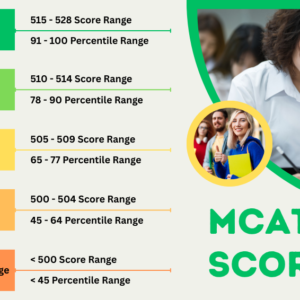Abstract Reasoning Tests, also known as Diagrammatic Reasoning or Inductive Reasoning Tests, are, debatably, the most misunderstood of all. While they use the most universal mode of communication – shapes or images, and do not require you to be fluent in a certain language or to master the art of number; it does take a good amount of practice to familiarise yourself with the skills to ace these tests against a timer and to understand how the questions work. Below is a quick introduction to Abstract Reasoning Tests, how they are used and some additional resources
Abstract Reasoning Tests and their uses
Diagrammatic, Inductive and Abstract Reasoning Tests are made to evaluate your logical thinking, measure your ability to recognise rules and patterns, and then assess how quickly or accurately you are able to apply what was learned to new situations. Questions are usually very consistent throughout the test, however, will increase in difficulty and demand intense concentration. They will present you with sequences of shapes, figures and patterns, instead of texts or numbers; and your task is to deduce conclusions by choosing from multiple choice lists, the next piece to each of the given sequences.
Abstract Reasoning, in particular, focuses on how you make connections and recognise relationships between the information displayed. Typically 1-minute long or less per question, these tests analyse your problem solving skills, attention to detail and capacity to perform under pressure; things that a traditional CV cannot evident. These cleverly designed questions also scope into your concept evaluation skills and how dominant each side of your brain is; which are crucial data for employers in headhunting the best suited candidates. Therefore, due to its unbiased nature, besides Situational Judgement Tests, these are also widely used by top employers around the globe like Unilever, KPMG, PWC, Deloitte and many more.
Tips to polish your Abstract Reasoning skills
While this is a skill everyone has, the test format, however, might not be everyone’s cup of tea at first sight. The key is to regularly practice under real test condition and follow the one question per minute rule, read your feedback carefully and compare your score to other users; to ensure the best chance of being selected to the next recruitment stage. Once you get the hang of it all, this type of Aptitude Test might even become your favourite and potentially, your ticket to increase the overall score out of the full online assessment.
It is also recommended that you have a good grasp of industry expectations and the employer’s requirements before proceeding, as for some roles, analytical thinking and problem solving skills are significantly valued. A number of other brain-training, game-based app you can download to get to know psychometric testing in general and up your logical reasoning skills, are Peak (free with in-app purchases), Elevate (free) or Pymetrics (used by Unilever, Accenture and McDonald’s).
Want to go above and beyond? Try all our FREE Aptitude Tests, get to know your strengths and weaknesses, and boost your confidence when applying for that dream early-career role!






